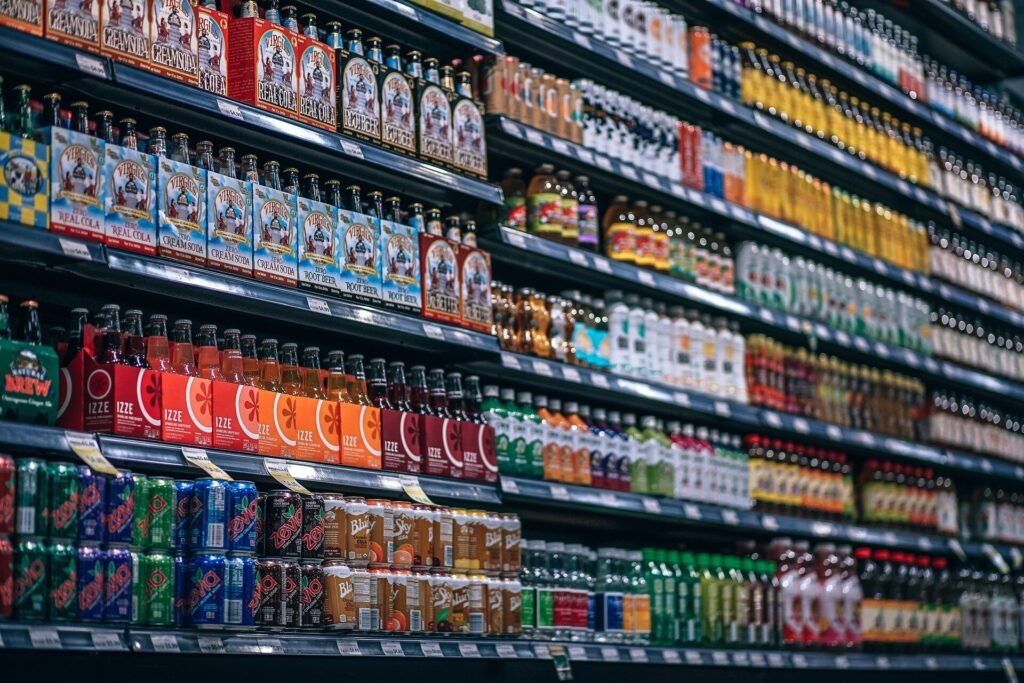Soda taxes have been making waves in the world of public health, and for good reason. New research from UC Berkeley suggests that these taxes are not only reducing sales of sugary beverages but also changing social norms and attitudes towards these drinks.
It wasn’t too long ago when cigarettes and soda were popular indulgences, promoted in movies and marketed to all demographics. However, with increased taxes on cigarettes and extensive public education campaigns on the dangers of smoking, social norms shifted, making smoking less acceptable and reducing cigarette use significantly, especially among young people.
Similarly, the introduction of soda taxes in Berkeley and other Bay Area cities has had a significant impact on people’s perceptions of sugary drinks. The study, published in the journal BMC Public Health, analyzed data from over 9,000 individuals in lower-income neighborhoods and found a 28% decline in the social acceptability of consuming sugar-sweetened beverages.
The taxes, along with media coverage on the health risks of sugary drinks, have led to a change in social norms surrounding these beverages. People are now less likely to view soda, juices, and sports drinks as healthy choices, and positive perceptions of these drinks among peers have declined.
This shift in mindset is crucial for public health efforts, as social norms play a powerful role in influencing behaviors. Just as the anti-smoking campaigns led to a decrease in cigarette consumption, the changing attitudes towards sugary drinks could have far-reaching implications for a healthier food system.
The research highlights the importance of public health interventions like soda taxes in shaping individual behaviors. By changing societal perceptions of unhealthy foods and drinks, we can create a healthier environment that encourages better choices.
Ultimately, the study underscores the impact of policy measures on public health and the need for continued efforts to promote healthier lifestyles. By advocating for a healthier food system and supporting policies that discourage the consumption of sugary beverages, we can work towards a healthier future for all.


